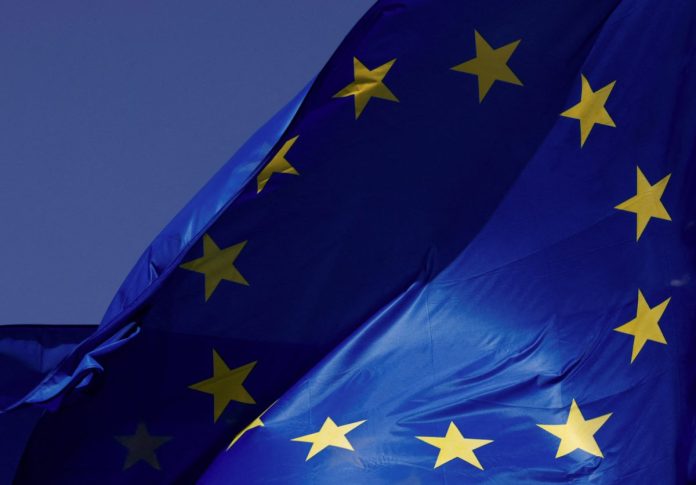BRUSSELS: Most European Union countries are pushing for further revisions to the bloc’s landmark anti-deforestation law, arguing that current requirements place undue burdens on producers and risk harming trade competitiveness.
A letter obtained by Reuters reveals that 18 EU agriculture ministers have urged the European Commission to exempt low-risk nations from strict due diligence rules.
The law, set to take effect in December, mandates that companies importing soy, beef, palm oil, and other commodities into the EU must prove their products did not contribute to deforestation.
Forests play a crucial role in absorbing CO2, and their destruction accelerates climate change.
However, political resistance has grown as governments weigh economic costs against environmental benefits.
The EU has already delayed the policy’s implementation by a year and eased reporting obligations following backlash from trading partners, including the U.S., and some member states.
The latest push seeks additional concessions, particularly for countries where agricultural expansion does not significantly reduce forest cover.
“Excessive and redundant due diligence requirements should be removed in countries where agricultural expansion is not significantly reducing the forest area,“ the letter stated.
Signatories include Austria, Finland, Italy, Poland, and Sweden, among others.
Another concern is the law’s impact on EU-based producers, who fear losing competitiveness if forced to comply with stringent traceability rules.
The ministers warned that some commodities may face “extremely difficult, if not impossible” compliance hurdles, potentially driving businesses to relocate outside the bloc.
The group also suggested another delay in enforcement while the Commission works on simplifying regulations.
A Commission spokesperson did not immediately respond to requests for comment.
The deforestation law aims to curb the 10% of global forest loss tied to EU consumption.
Critics argue that without balanced enforcement, the policy could harm farmers and disrupt supply chains without delivering meaningful environmental gains. – Reuters








